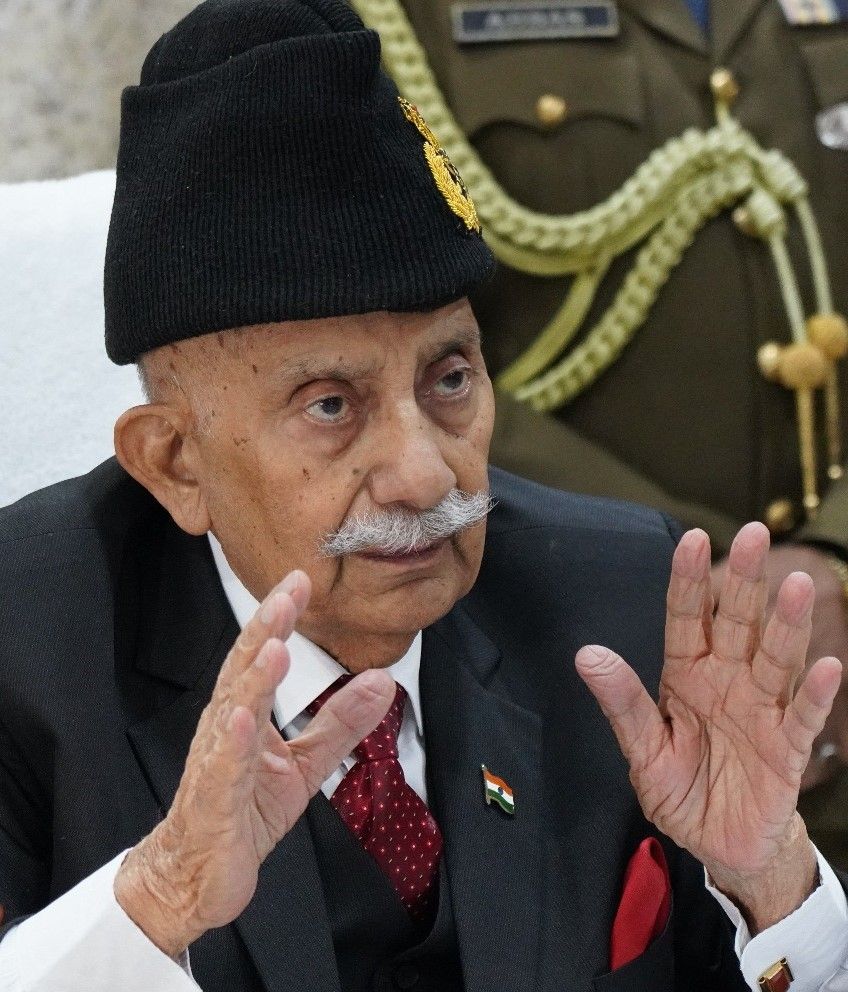In a major administrative development, the President of India has vested the Lieutenant Governor (LG) of Ladakh with the authority to appoint officers to all Group ‘A’ posts of the General Civil Services within the Union Territory.
As per a formal notification, the appointments to these posts—excluding two top positions, the Chief Secretary and Director General of Police—will now be made directly by the LG of Ladakh, under powers conferred by Article 239 of the Constitution. The appointment of the Chief Secretary and DGP will continue to require approval from the Central Government.
The announcement comes alongside renewed efforts to strengthen Ladakh’s administrative machinery. Chief Secretary of Ladakh Dr. Pawan Kotwal met with UPSC Secretary Shashi Ranjan at the Commission’s headquarters in New Delhi. Also present were Joint Secretary (Jammu, Kashmir & Ladakh), Ministry of Home Affairs, Prashant Lokhande, and Secretary, General Administration Department, UT Ladakh, Michael M. D’Souza.
The meeting focused on the acute shortage of Gazetted officers in Ladakh, which has been facing mounting administrative and developmental demands since becoming a separate Union Territory in 2019. Notably, no recruitment for Gazetted posts has taken place in Ladakh since October 2019.
Although the UPSC’s recruitment calendar for 2025 had closed its requisition window on March 31, the Commission has made an exception for Ladakh. This decision reflects both the administrative urgency and the need to provide career opportunities for local youth.
In the first phase of recruitment, the UPSC will fill 232 key posts across three critical departments:
- 125 Medical Officers in the Health Department
- 75 Lecturers in the School Education Department
- 32 Accounts Officers in the Finance Department
Additional Gazetted posts will be filled in subsequent phases.
Chief Secretary Kotwal expressed gratitude to the UPSC for its responsive approach and for initiating the recruitment process following the finalisation of Ladakh’s domicile and reservation policy. He also appreciated the Commission’s role in framing the Recruitment Rules through a consultative process.
This move is expected to not only strengthen governance in Ladakh but also address long-pending vacancies that have hampered essential services, particularly in health and education sectors.
